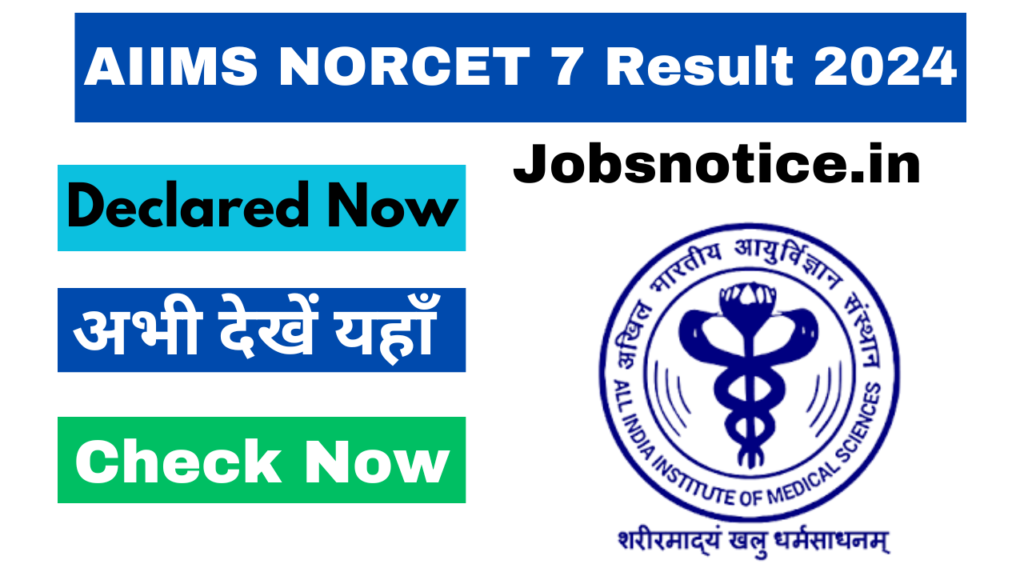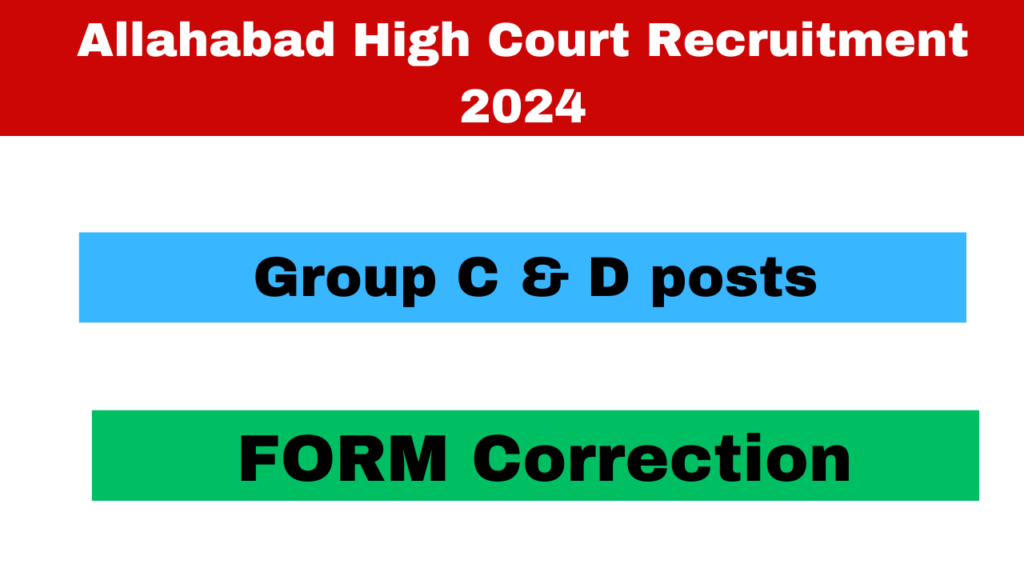Foreign Policy and Global Events: The Impact on U.S. Elections and Candidate Platforms
The intersection of foreign policy and domestic politics is a critical aspect of U.S. elections, especially as the 2024 presidential election approaches. Events on the global stage—such as the ongoing war in Ukraine and rising tensions with China—have profound implications for candidates’ platforms, voter sentiment, and ultimately the election’s outcome. This analysis explores how these international issues shape the electoral landscape, influencing the priorities of candidates and the electorate alike.
The Context of Global Events
The War in Ukraine
Since the Russian invasion of Ukraine in February 2022, the conflict has dominated international headlines and reshaped geopolitical alliances. The U.S. has taken a leading role in providing military and humanitarian aid to Ukraine, emphasizing its commitment to democratic values and international law. This situation has significant implications for American foreign policy and domestic politics.
- U.S. Involvement: The Biden administration’s support for Ukraine has included sanctions against Russia, military aid, and diplomatic efforts to rally NATO allies. The administration portrays this support as essential for upholding international order and deterring authoritarianism.
- Public Sentiment: Public opinion on the war varies, with some Americans supporting robust aid to Ukraine as a stand against aggression, while others express concern about the costs and the potential for escalation. This division could influence how candidates approach the issue during their campaigns.
Tensions with China
Simultaneously, U.S.-China relations have grown increasingly strained. Key issues include trade disputes, human rights abuses, military posturing in the South China Sea, and the status of Taiwan.
- Economic Competition: The U.S. views China as a strategic competitor, leading to policies aimed at reducing dependence on Chinese goods and bolstering domestic manufacturing. Candidates may leverage these sentiments to appeal to voters concerned about economic security and job loss.
- Military and Diplomatic Concerns: China’s military expansion and aggressive stance toward Taiwan raise fears of conflict. Candidates may emphasize the need for a strong national defense and a strategic approach to China, framing their positions as vital to U.S. security.
Impact on Candidate Platforms
Candidates’ platforms reflect their positions on these global issues, which often serve as litmus tests for their broader foreign policy philosophies. The war in Ukraine and tensions with China are likely to influence candidates from both major parties in distinct ways.
Democratic Candidates
- Joe Biden: As the incumbent, Biden’s foreign policy has largely focused on multilateralism and alliances. His administration’s actions regarding Ukraine have positioned him as a leader in defending democratic values. Biden’s platform is likely to emphasize continued support for Ukraine, diplomatic engagement with NATO, and a balanced approach to China that combines competition with cooperation on global challenges such as climate change.
- Progressive Challengers: Candidates like Marianne Williamson may adopt more isolationist stances, advocating for a reduction in military spending and prioritizing domestic issues. They might argue that excessive involvement abroad detracts from addressing pressing social challenges at home, such as healthcare and economic inequality.
Republican Candidates
- Donald Trump: The former president’s “America First” policy characterized his approach to foreign affairs. Trump is likely to advocate for strong support for Ukraine but may critique Biden’s approach as too interventionist, calling for a focus on U.S. interests first. His rhetoric around China may focus on confrontation, emphasizing economic and military readiness.
- Ron DeSantis: The Florida governor has positioned himself as a strong candidate within the Republican field. His platform may include robust support for Ukraine and a tough stance on China, appealing to traditional Republican voters who prioritize national security and a strong military.
- Nikki Haley: As a former U.N. ambassador, Haley’s experience in foreign policy may lead her to advocate for a firm stance on both Russia and China, emphasizing the importance of American leadership on the world stage.
Voter Sentiment and Foreign Policy
Foreign policy issues resonate differently across various demographics and regions in the U.S. Understanding these nuances is essential for candidates as they formulate their platforms.
Key Demographics
- Young Voters: Younger voters tend to prioritize climate change and social justice over traditional foreign policy concerns. However, the Ukraine war and its implications for global stability may prompt them to engage more actively with foreign policy issues, especially if framed in terms of democratic values and human rights.
- Swing Voters: Independent and swing voters are often more focused on how foreign policy impacts domestic issues, such as jobs and the economy. Candidates who can connect international events to local concerns may have an advantage.
- Suburban Voters: This demographic, which played a crucial role in recent elections, may be particularly responsive to foreign policy issues if they perceive threats to national security or economic stability.
Regional Variations
Voter sentiment toward foreign policy varies by region, influenced by local economies and historical context.
- Rust Belt: Voters in manufacturing-heavy states may be particularly attuned to the economic implications of U.S.-China relations, especially regarding trade policies and job preservation.
- Coastal States: Residents in coastal areas may be more supportive of strong international alliances and global engagement, viewing threats like climate change and authoritarianism as collective challenges.
The Role of Media and Misinformation
In the digital age, media plays a pivotal role in shaping public perceptions of foreign policy issues. Candidates must navigate a landscape rife with misinformation and biased reporting, particularly on social media platforms.
- Narratives and Framing: How candidates frame their positions on Ukraine and China can significantly impact public perception. Effective communication strategies that resonate with voters’ values and concerns will be crucial.
- Fact-Checking and Accountability: The rise of fact-checking organizations has created a more informed electorate, but misinformation can still spread rapidly. Candidates who prioritize transparency and factual accuracy may gain voter trust.
Historical Context
Understanding the historical context of U.S. foreign policy can provide insight into current electoral dynamics. Previous conflicts, such as the Vietnam War and the Iraq War, have left lasting impacts on American public opinion and political discourse.
- Lessons from the Past: Candidates may draw on historical precedents to justify their positions, either advocating for a more interventionist approach based on the perceived successes of past engagements or promoting restraint by highlighting failures.
- Changing Norms: The evolving nature of global conflict and diplomacy means that candidates must adapt their strategies and platforms to reflect contemporary realities, balancing the need for strong leadership with the desire for diplomatic solutions.
Implications for American Democracy
The intersection of foreign policy and electoral politics raises important questions about the health of American democracy. How candidates approach these global challenges can shape not only the outcome of the election but also the future of U.S. foreign relations.
Democratic Accountability
Elected officials are accountable to their constituents, and voters’ preferences should influence foreign policy decisions. Candidates who prioritize transparent dialogue about international issues may foster a more engaged electorate.
National Unity vs. Partisan Divide
Foreign policy can either unify or deepen partisan divides. Candidates must navigate these tensions carefully, as starkly different views on issues like military intervention or international alliances can lead to significant voter polarization.
Conclusion
The lead-up to the 2024 U.S. presidential election is inextricably linked to global events, particularly the war in Ukraine and tensions with China. These issues shape candidate platforms and influence voter sentiment, making foreign policy a central theme of the electoral discourse. As candidates navigate these complexities, they must articulate clear, resonant positions that address both domestic concerns and the broader implications of international relations.
The outcome of the election will not only determine the next president but will also set the course for U.S. foreign policy in a rapidly changing global landscape. As voters engage with these pressing issues, the 2024 election will serve as a critical juncture for American democracy, reflecting the nation’s values and priorities on the world stage.




